MESSAGE
Students
KISHABA Tomoki
Medical School
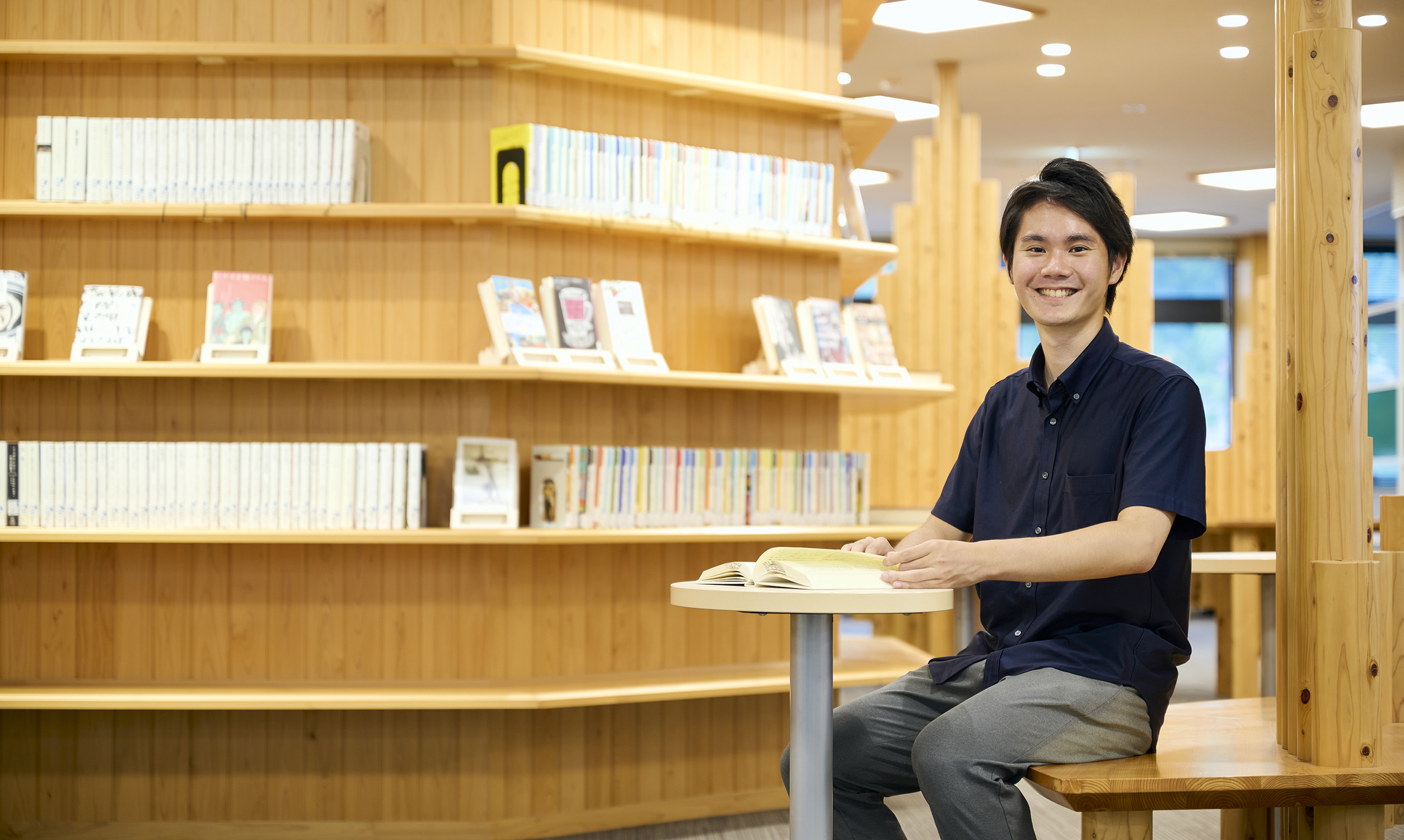
Profile
He is from Okinawa City, Okinawa Prefecture. He entered the Faculty of Medicine, Okayama University Medical School after graduating from United World College, an International Baccalaureate (IB) school in the U.K. After starting university, he spoke at the “One Young World 2019” global youth summit, and now serves as the Vice President for International Affairs of the International Federation of Medical Students’ Associations Japan (IFMSA Japan) and the SCORP Regional Assistant of IFMSA Asia-Pacific, planning and running a variety of workshops and events for medical students from 140 nations worldwide. He attended the 72nd Session of the World Health Organization (WHO) Regional Committee for the Western Pacific as an observer.

I lived in my home town of Okinawa until junior high school, but for high school I went to the U.K. to attend United World College, an international school in Wales. There I spent two years living in a dormitory with fellow students from 90 different countries. My roommates came from Jordan, Eswatini, and Syria, and studying and engaging in extracurricular activities together in an environment in which both the culture and races were completely different was a valuable experience. One of the things that made the strongest impression was my Syrian roommate’s stories about life in a refugee camp. I went to that school because I wanted to improve my English and get to know people from different countries, but when I encountered at first hand a world completely different from my own everyday experience, I was filled with a burgeoning desire to help people in conflict regions and developing countries with medical care and to eliminate “life disparities,” which is why I entered the Faculty of Medicine of Okayama University Medical School.
Okayama University actively encourages people who have studied at IB schools to apply, and offers a rich variety of opportunities for international exchanges. IB school graduates also have widely varying experiences and values depending both on their location and the individuals concerned, so every day since starting university has still been stimulating.
As a freshman, I was one of the Japanese delegates taking part in the One Young World (OYW) Summit in London on October 22–25, 2019. This was announced at the Davos Meeting of the World Economic Forum in 2009 and is one of the world’s largest summits, bringing together young people aged 18–30 from more than 190 countries worldwide once a year as a forum that aims to bring together industry, government, and academia to solve global-scale issues on the basis of the SDGs. At OYW, I was not only privileged to speak as a world youth delegate in the “Interfaith Dialogue” session, but also had many opportunities for discussion and networking with people of my own age. Hearing about medical students in other countries who have set up companies to provide humanitarian assistance, or engaged in actual actions in affiliation with international organizations, made a great impact on me, and I was made aware that despite my desire to engage in providing medical assistance, I had been using the fact that I am still a student as an excuse.
Thanks to the OYW, I became involved in activities to enable Okayama University to affiliate with the International Federation of Medical Students’ Associations (IFMSA), an NGO for medical students, and this became a reality in October 2019. IFMSA’s membership consists of 1.3 million medical students in 140 different countries, and it has agreed partnerships with organizations including the United Nations (UN), the World Health Organization (WHO), and the World Medical Association (WMA). I am currently a member of the board of the IFMSA in the Asia-Pacific Region, planning and running workshops and seminars for medical students worldwide. As an IFMSA delegate, I also attended the 72nd Session of the WHO Regional Committee for the Western Pacific as an observer. As I work together with medical students with widely diverse values and backgrounds, every day I am made to think deeply about the nature of comprehensive medical assistance that takes account of the cultural background of the locality concerned.
After graduation, while gaining experience as a doctor in Japan and abroad I intend to specialize in the study of public health, become involved in improving evidence-based medical systems here and overseas, and become a doctor capable of contributing to humanitarian assistance in the public health field across national borders.
As of January 2022
OTHER MESSAGE
-
Alumni
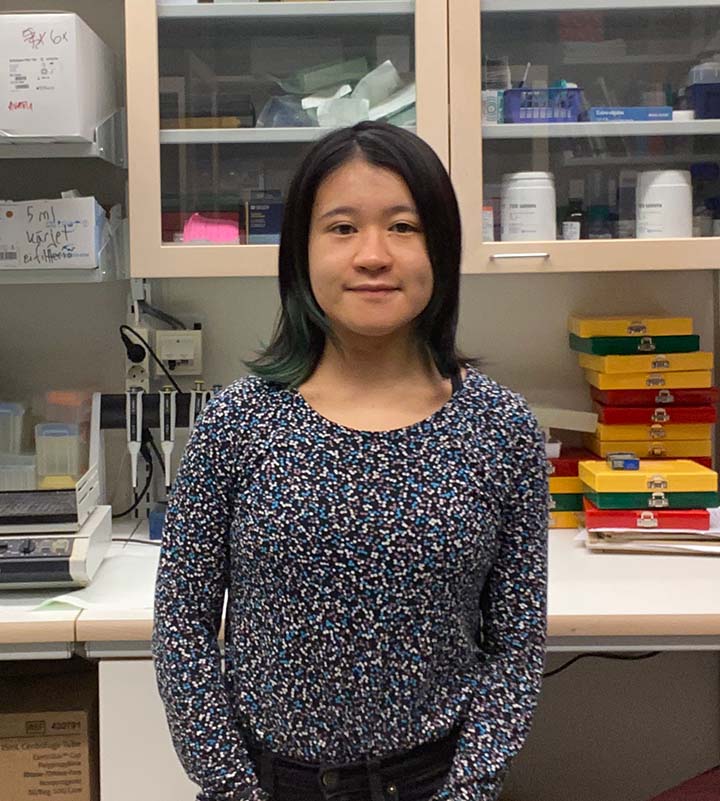
PUTTONEN Yukako
Medical School
Graduated in 2020Certified Advanced All-round Achiever (Global)
-
Alumni
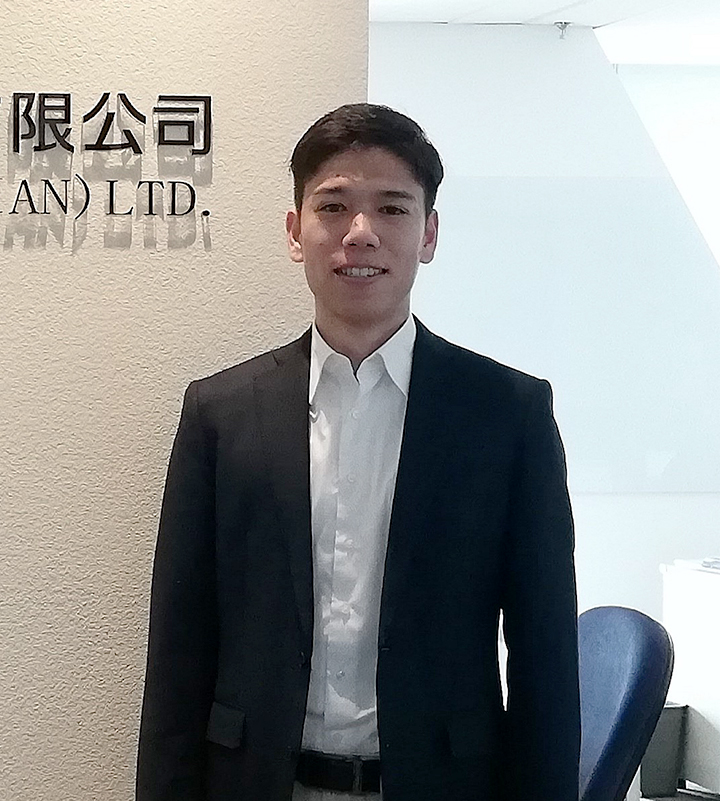
SHIKI Kenta
Faculty of Agriculture
Graduated in 2017 -
Alumni
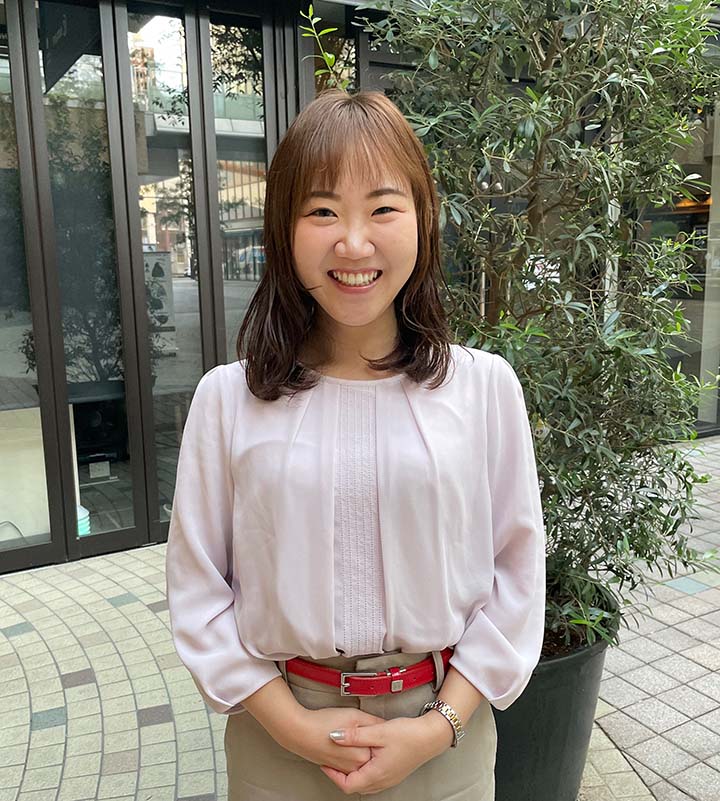
SHINKAWA Minami
Faculty of Law
Graduated in 2020Certified Advanced All-round Achiever (Global)
-
Alumni
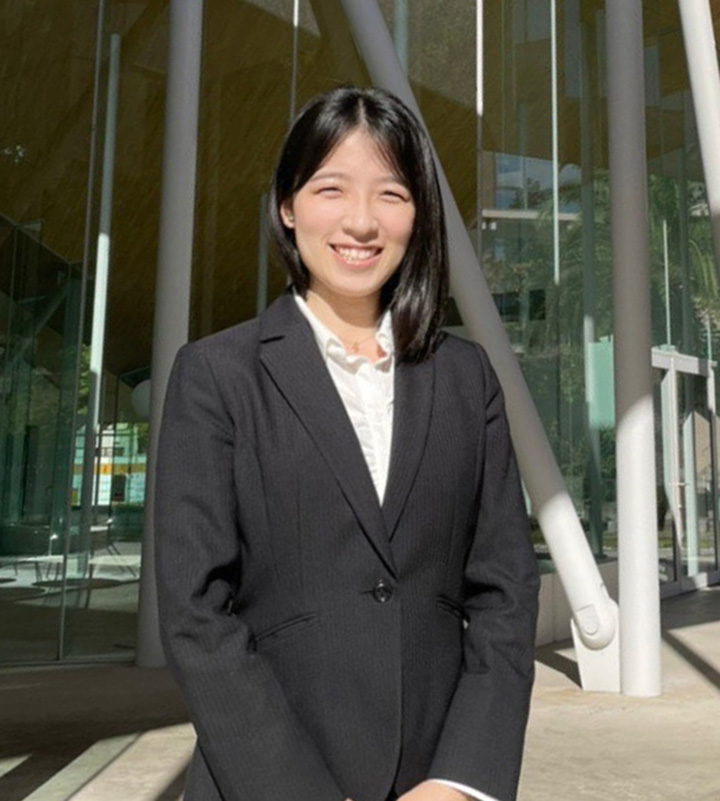
FUJIMOTO Naomi
Medical School
Graduated in 2018Certified Advanced All-round Achiever (Global)
-
Student
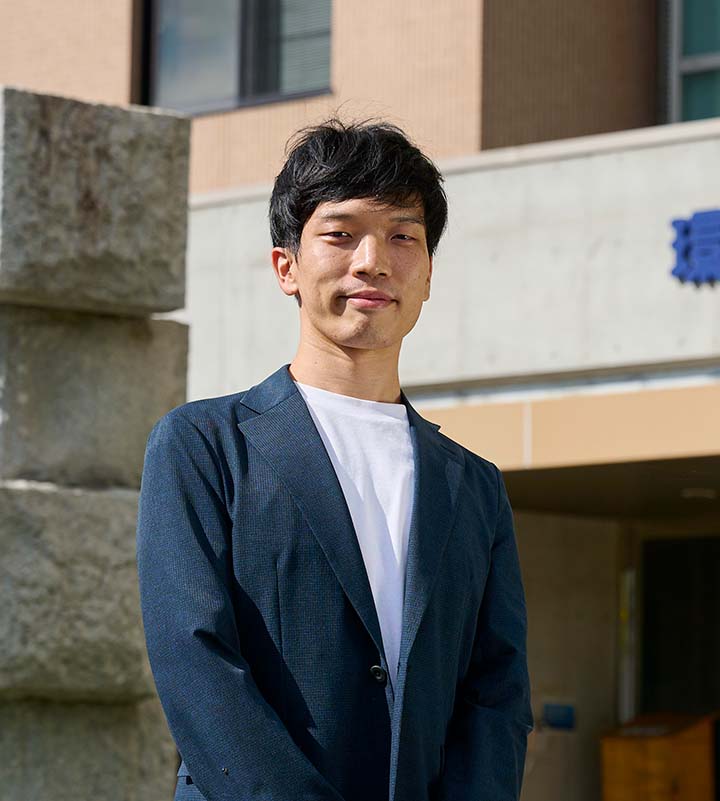
WATANABE Hiroki
Graduate School of Environmental and Life Science
-
Student
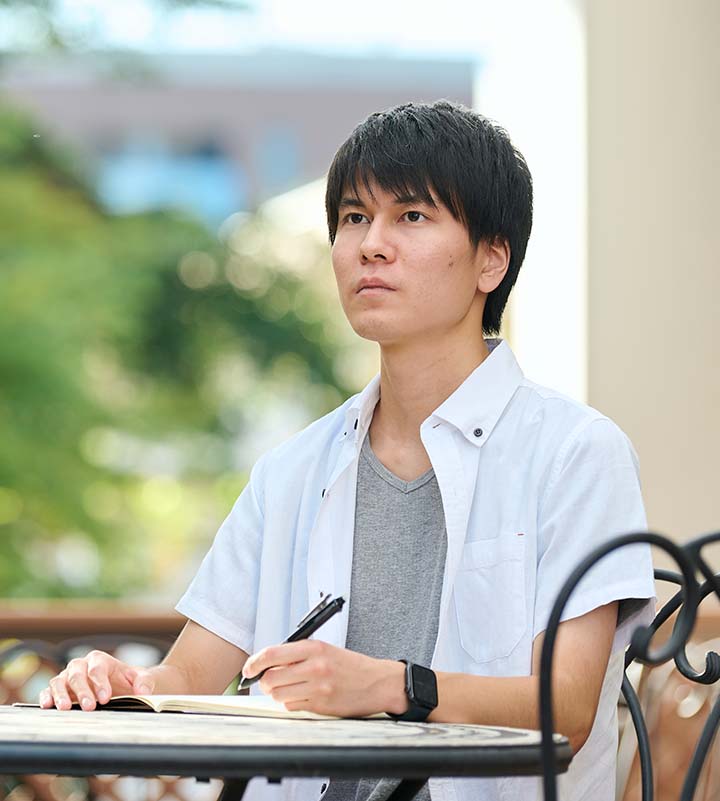
NAKAZAWA Takuya
Faculty of Economics
Certified Advanced All-round Achiever (Global)
-
Student
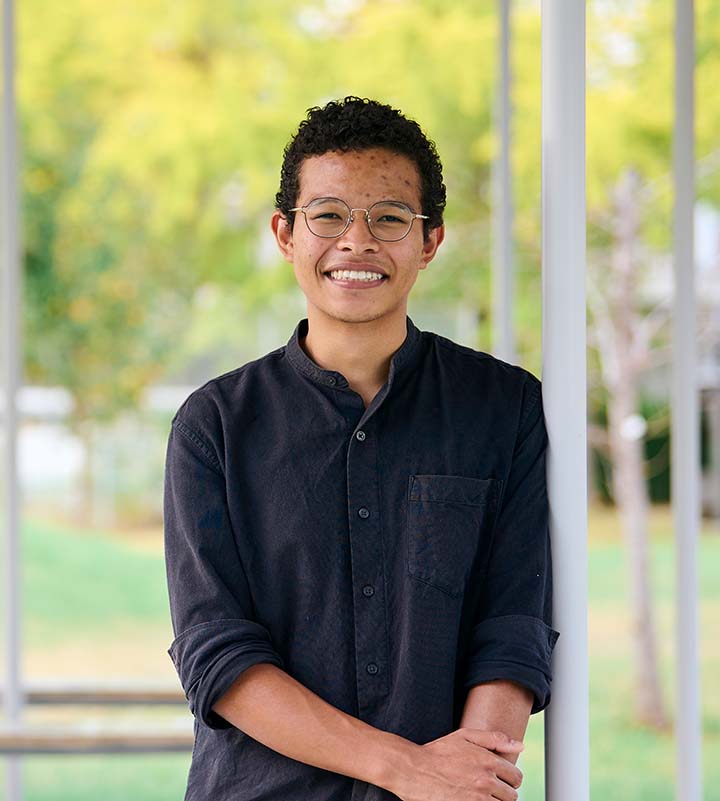
TSUYAMA Khaya
Discovery Program for Global Learners
Certified Advanced All-round Achiever (Global)
-
Student
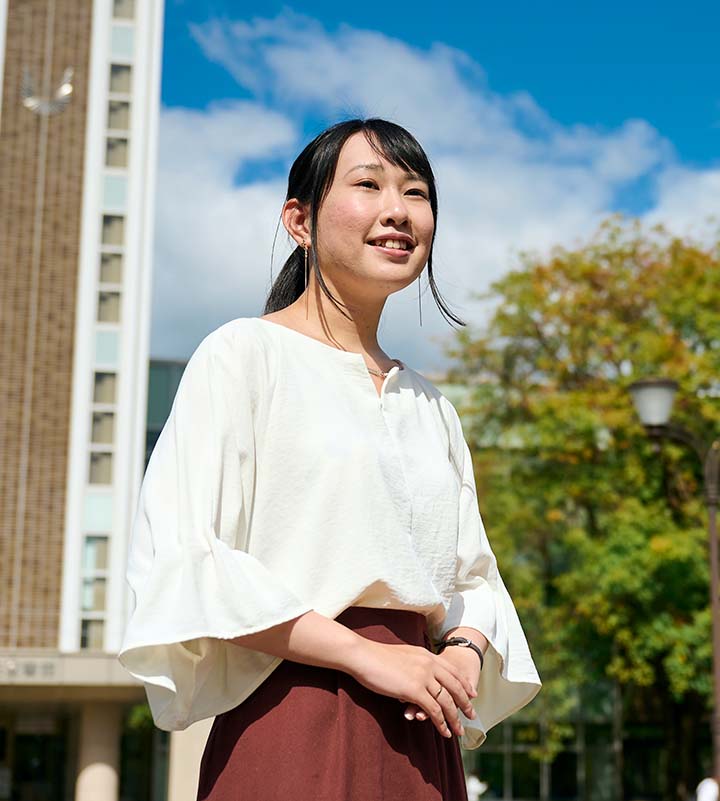
INOUE Saki
Faculty of Law
-
Student
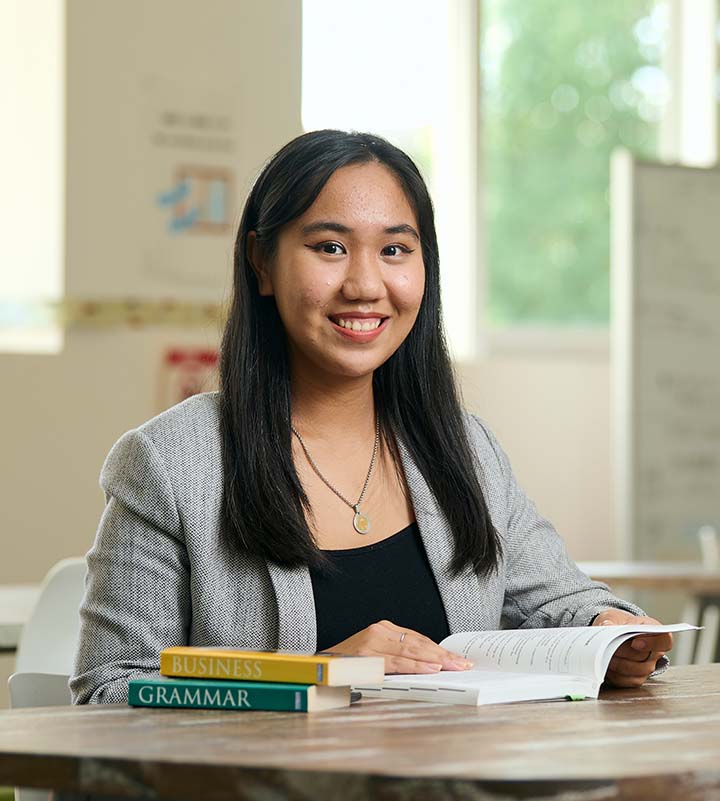
MORALES Alyana
Reina Quinto
(from Philippines)Discovery Program for Global Learners
-
Students
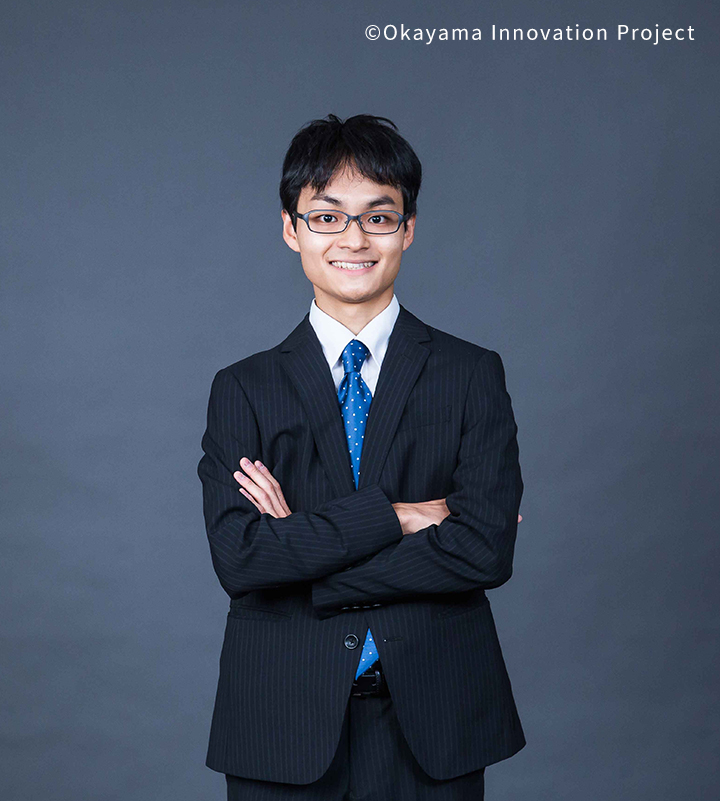
MIYAMOTO Taiki
Faculty of Engineering
Certified Advanced All-round Achiever (Global)
-
Alumni
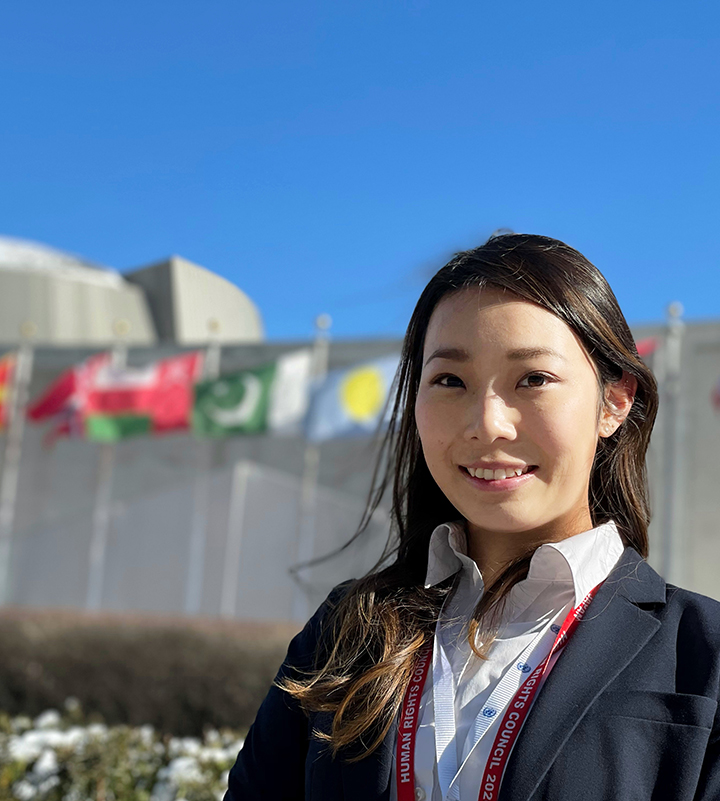
UNO Nozomi
Medical School
Graduated in 2017 -
Student
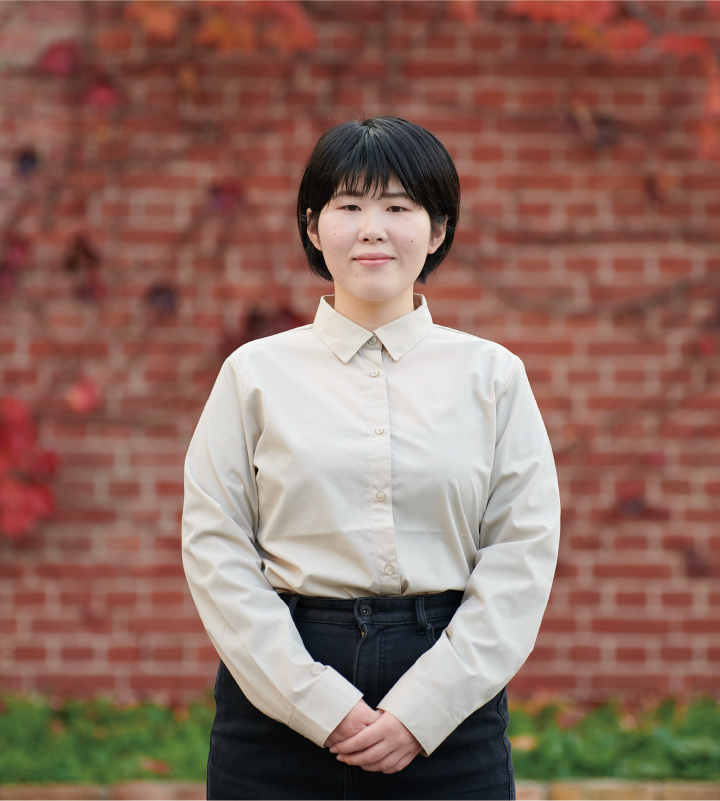
NAKAMURA Sonoko
Interdisciplinary Science
and Engineering in Health SystemsCertified Advanced All-round Achiever (Global)
-
Student
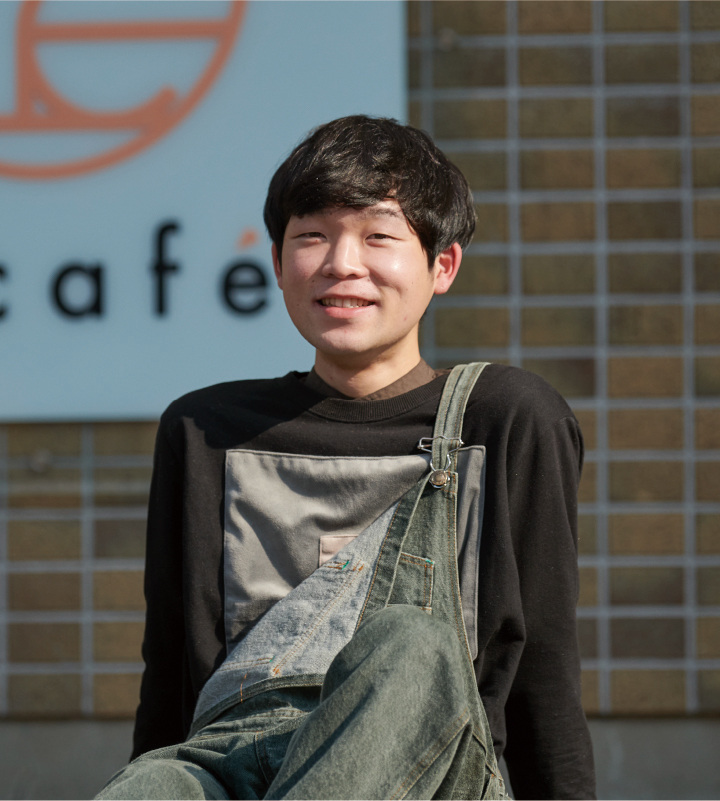
MATSUMOTO Sota
Faculty of Law
Certified Advanced All-round Achiever (Global)
-
Student
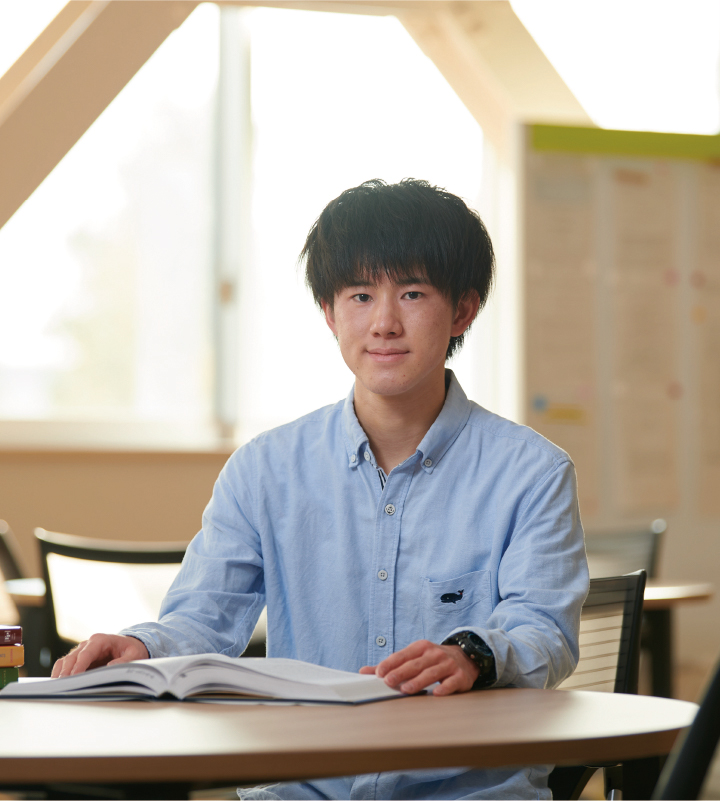
URABE Tatsuki
Discovery Program for Global Learners
Certified Advanced All-round Achiever (Global)
-
Alumni
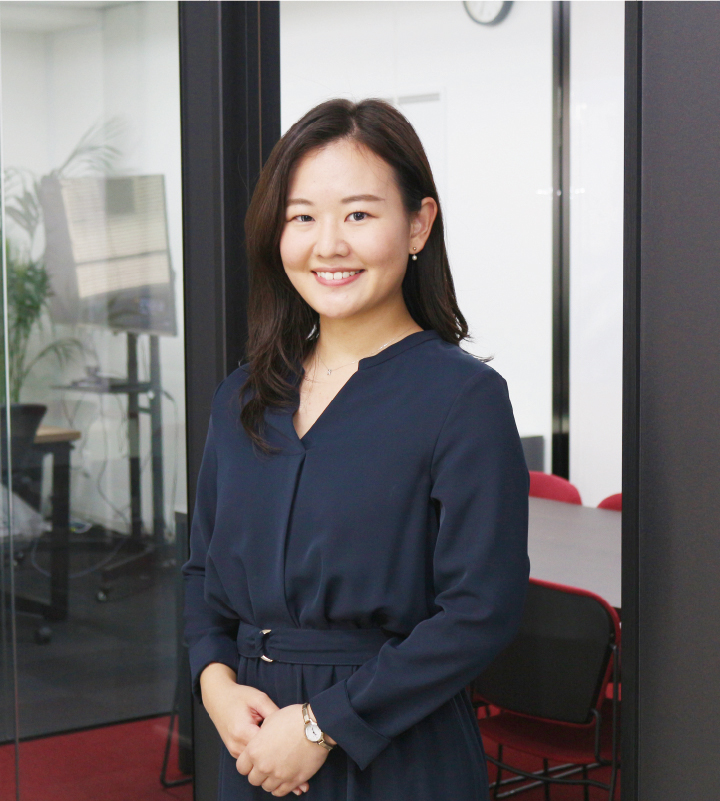
YAMADA Ai
Faculty of Agriculture
Graduated in 2019 -
Alumni
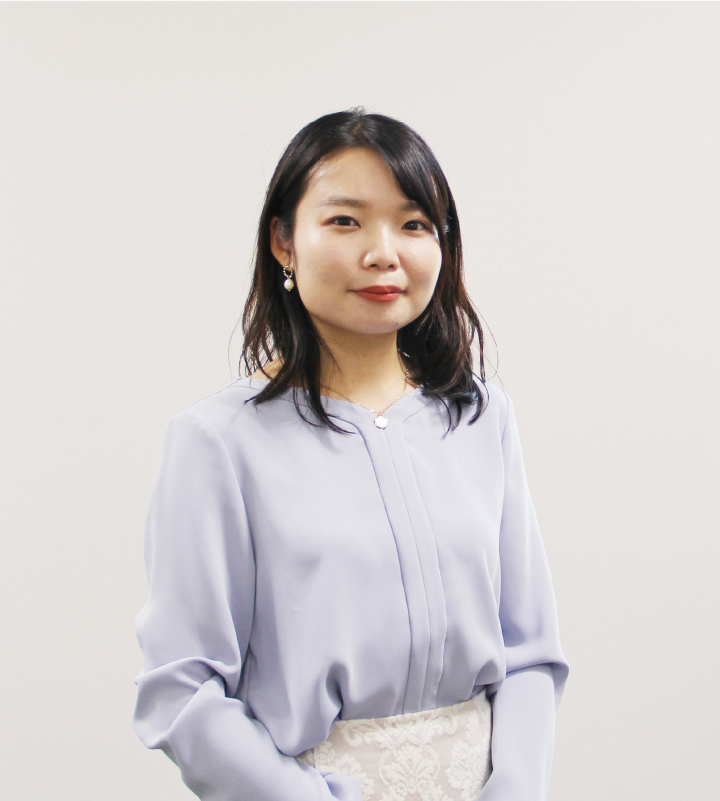
MIZO Nanami
Faculty of Letters
Graduated in 2018Certified Advanced All-round Achiever (Global)
-
Alumni
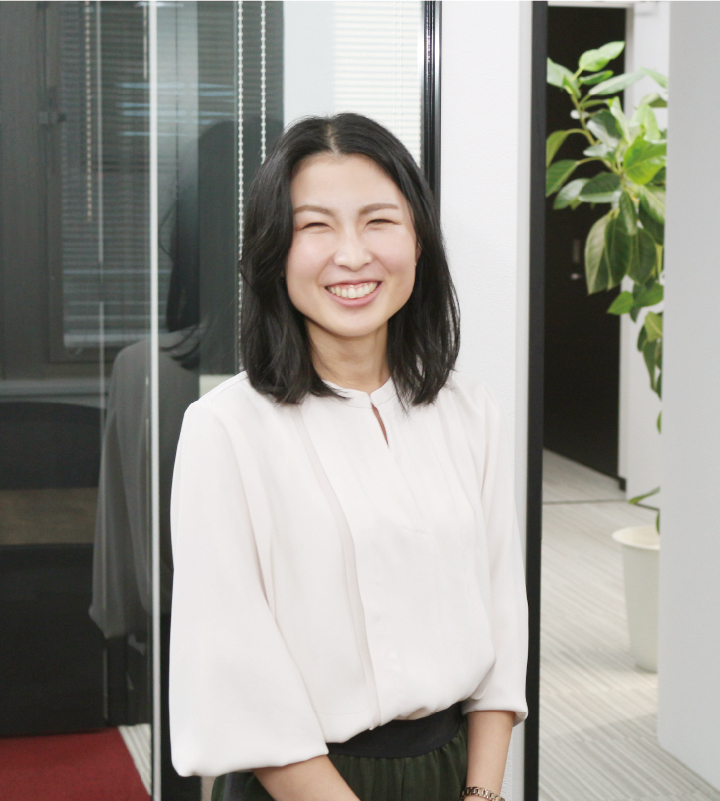
UMEZU Chisa
Faculty of Agriculture
Graduated in 2018Certified Advanced All-round Achiever (Global)
-
Student
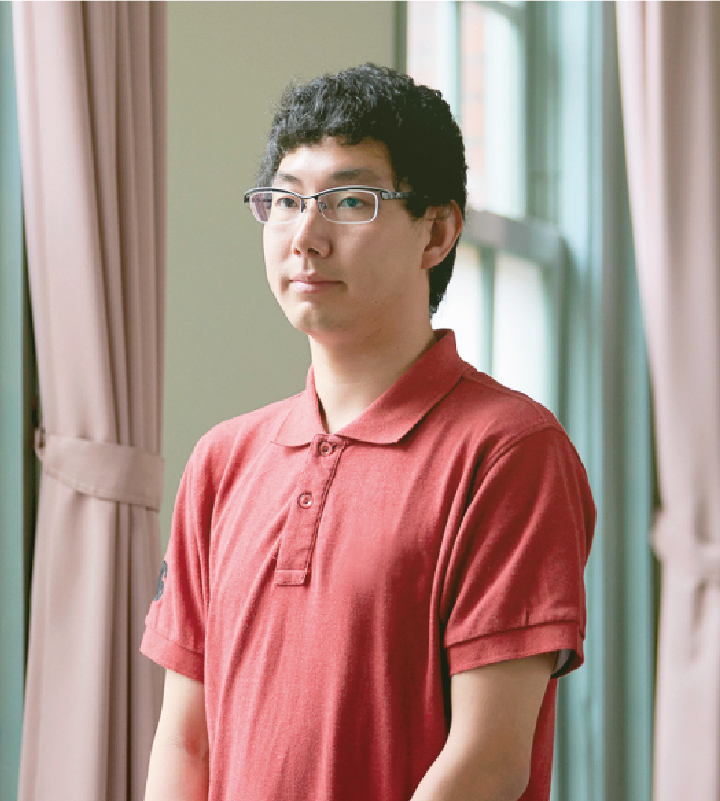
FUJII Masatoshi
Interdisciplinary Science
and Engineering in Health SystemsCertified Advanced All-round Achiever (Global)
-
Student
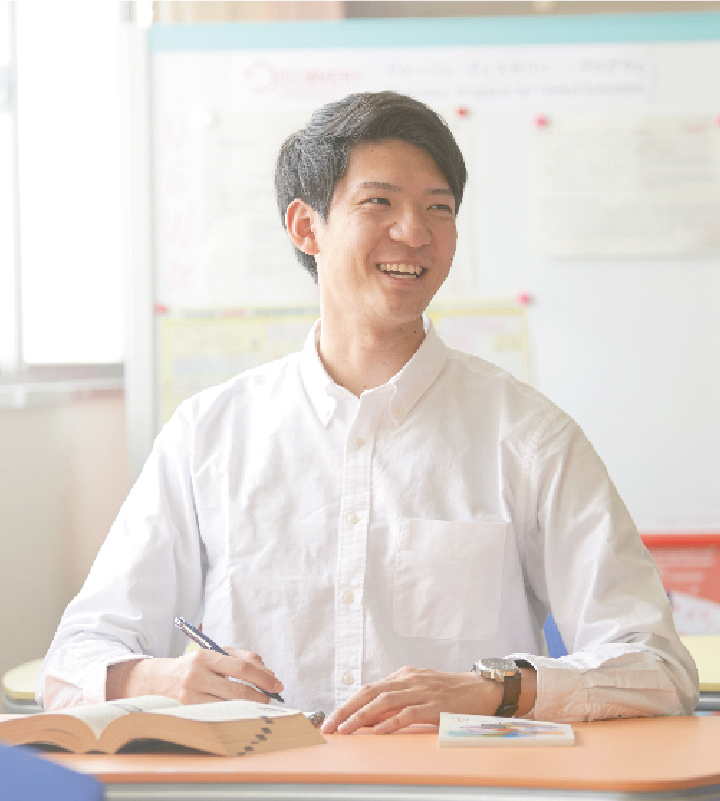
NAGASAWA Ryosuke
Faculty of Environmental Science
and Technology -
Student
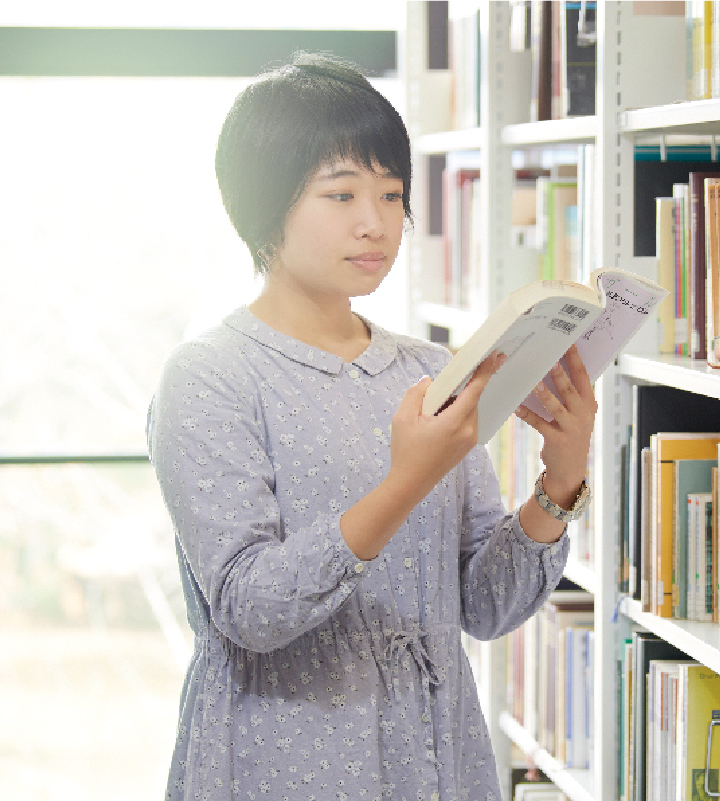
SEZAKI Hiroko
Faculty of Letters



